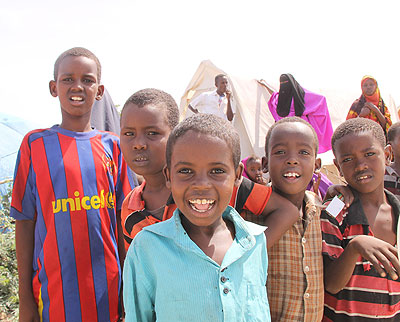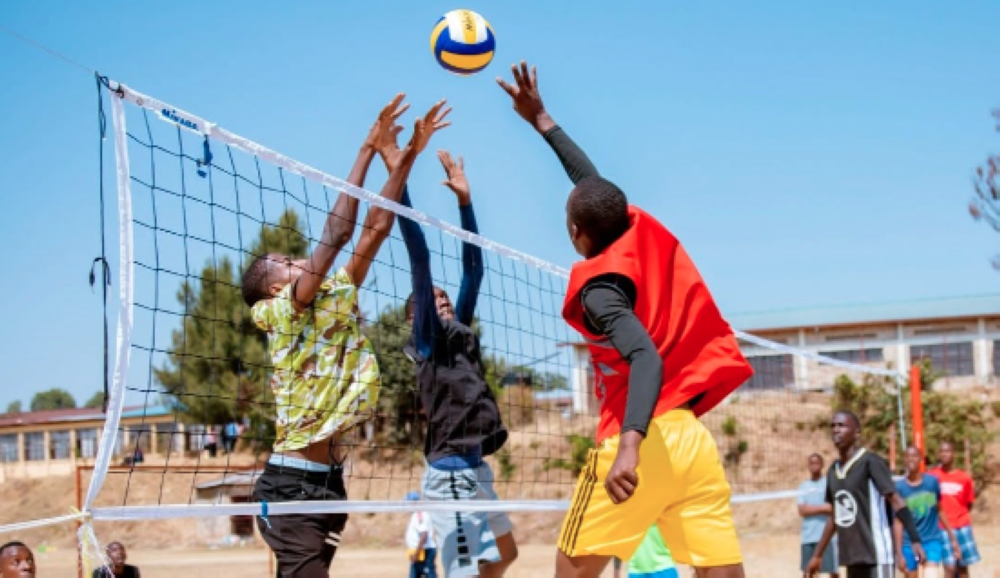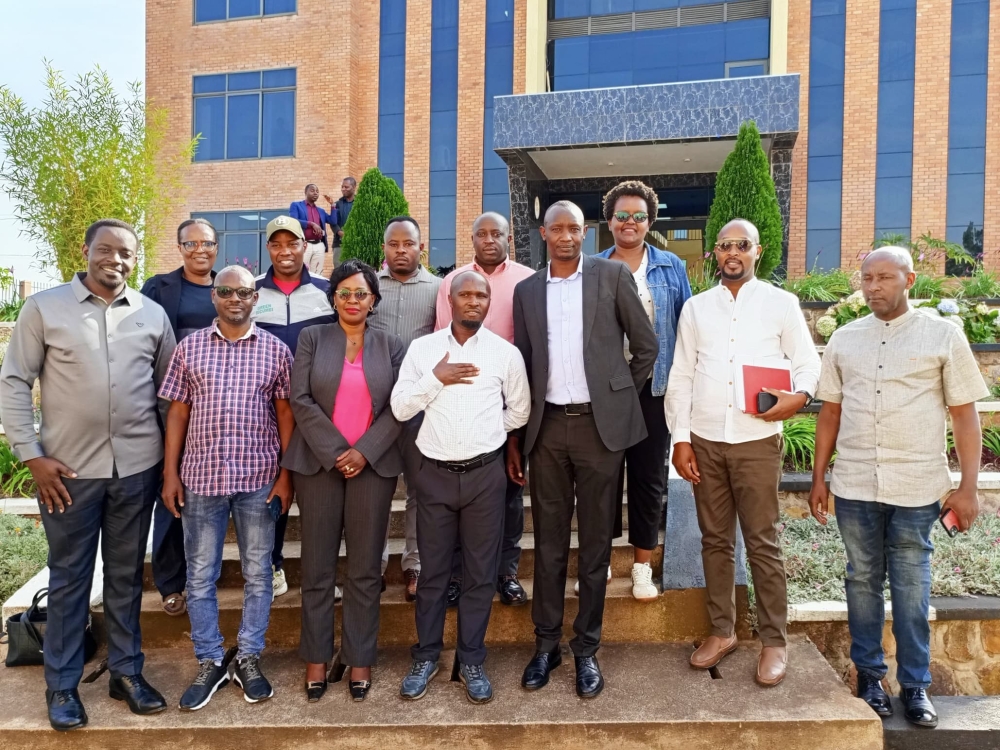NAIROBI. At least 870,000 people remain food insecure in Somalia, down from 1.05 million in January, the lowest since famine was declared in the Horn of Africa nation in 2011, UN food security analysts said in a joint report released in Nairobi on Tuesday.


NAIROBI. At least 870,000 people remain food insecure in Somalia, down from 1.05 million in January, the lowest since famine was declared in the Horn of Africa nation in 2011, UN food security analysts said in a joint report released in Nairobi on Tuesday.The reduction in the number of food insecure people in Somalia is due to consecutive seasons of average to above average rainfall, low food prices and sustained humanitarian response, said the report by the Food Security and Nutrition Analysis Unit for Somalia (FSNAU), a project managed by UN’s Food and Agriculture Organization (FAO), and the Famine Early Warning Systems Network (FEWS NET).However, the report showed that nearly 2.3 million more people beyond those requiring more urgent assistance are classified as Stressed because their food security remains fragile. The agencies noted that acute malnutrition continues to pose a threat to hundreds of thousands of children especially in the country’s south. The report came more than a month after the UN’s Central Emergency Response Fund (CERF) allocated 20 million U.S. dollars for underfunded emergencies to support vital humanitarian aid for one year in Somalia.UN Resident and Humanitarian Coordinator (RC/HC) for Somalia, Philippe Lazzarini, said the Horn of Africa nation was given the highest funding out of a total 72 million dollars apportioned to 12 countries categorized as neglected crises around the world. The crisis in Somalia remains one of the largest and most complex in the world and aid agencies say the shortfall in funding jeopardizes efforts to build Somalis’ resilience to shocks. According to UN, 1 million people still require aid to meet their basic needs and a further 1.7 million who recently emerged from crisis could fall back into crisis without sustained support.The UN said the situation has significantly improved since 2011 when 4 million Somalis were in extreme food security crisis. The Horn of Africa nation is still one of the most challenging security environments for the delivery of humanitarian assistance.
Aid workers have capitalized on gradual improvements in security and access to scale up their presence on the ground and reach people in need. However, they are still forced to seek ways to further scale up humanitarian assistance in hard-to-reach areas through local partners. Given the current risk-averse approach by donors in Somalia, local NGOs based in hard-to-reach or non-accessible areas have little access to bilateral funding.






